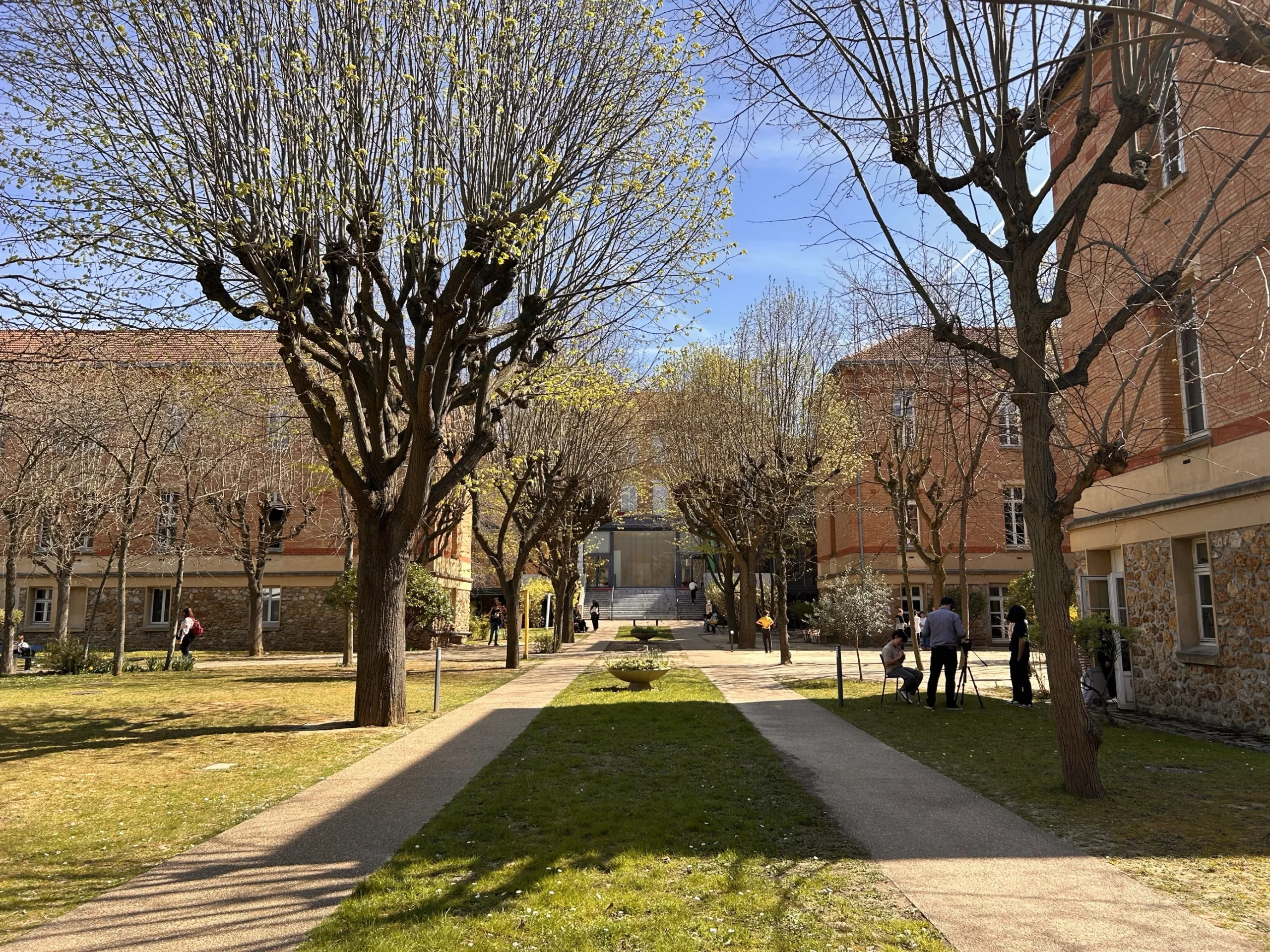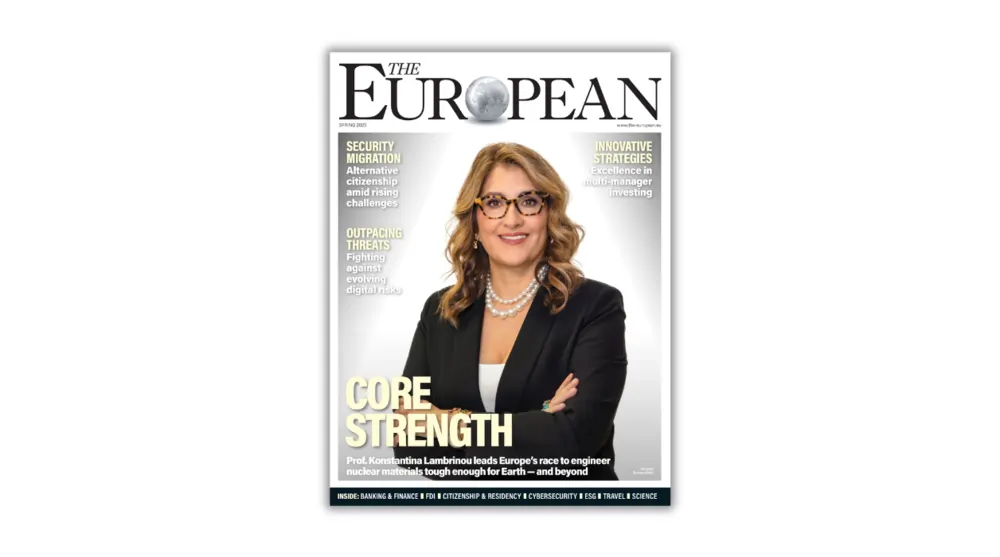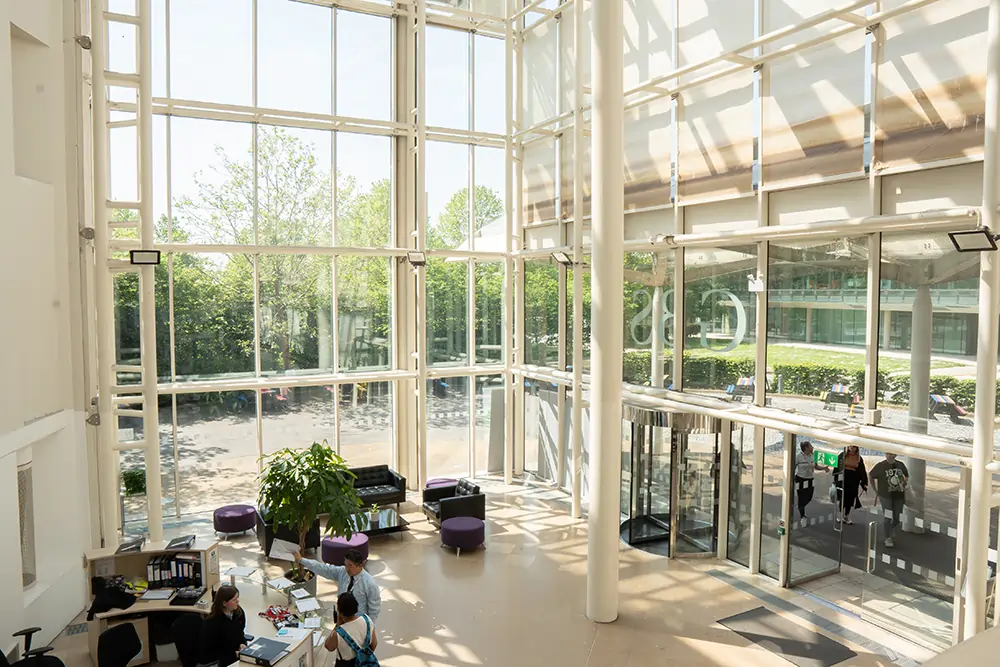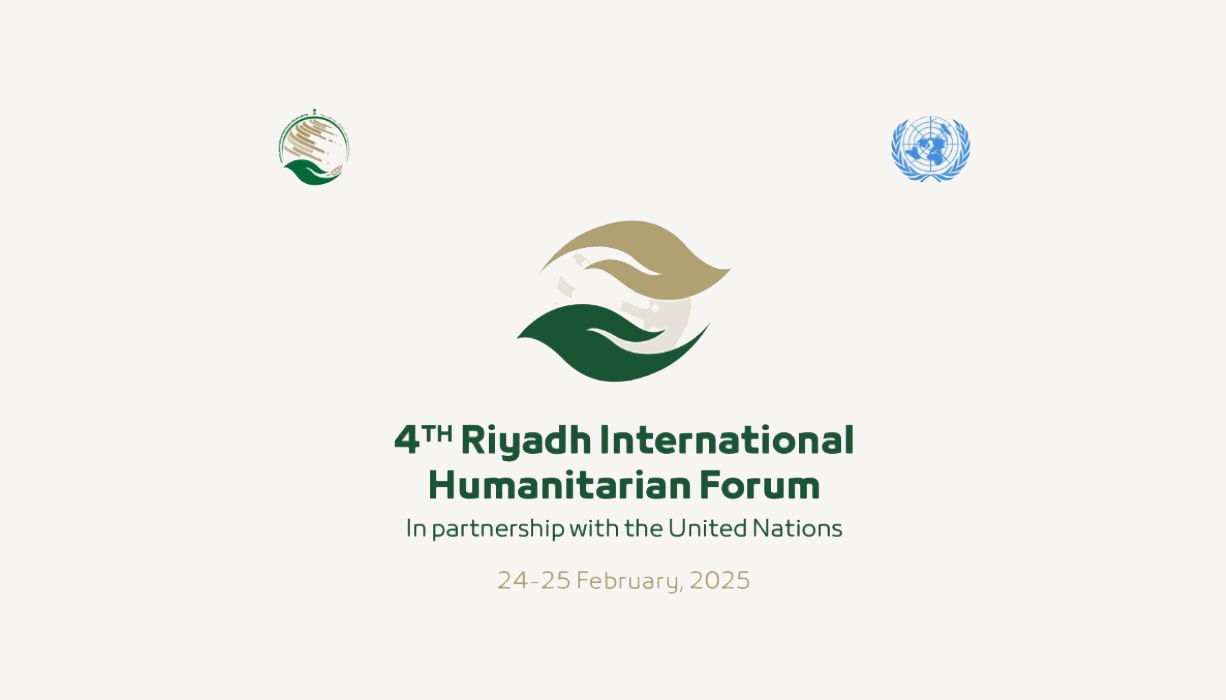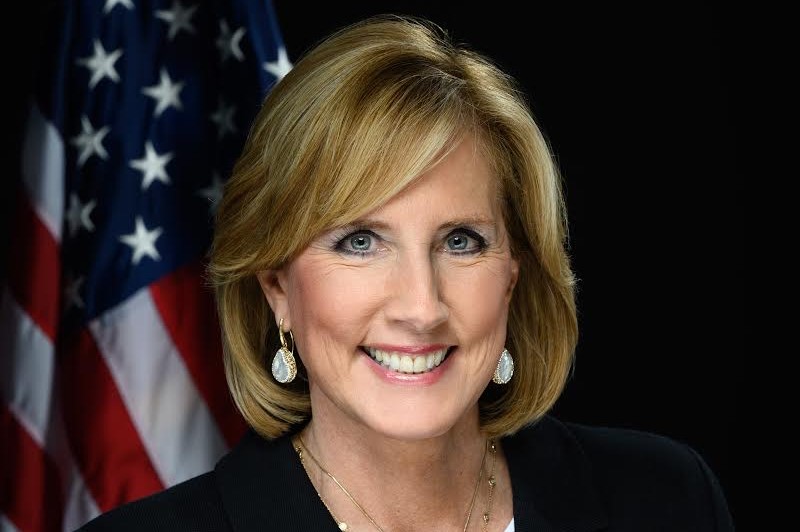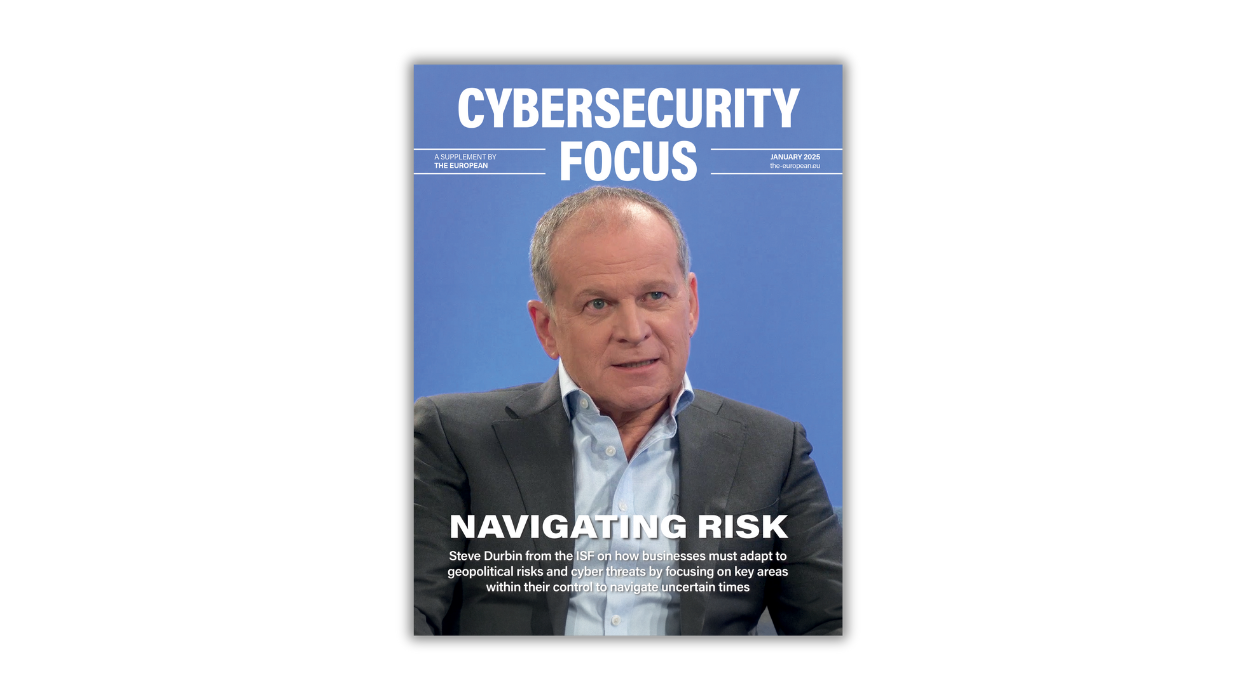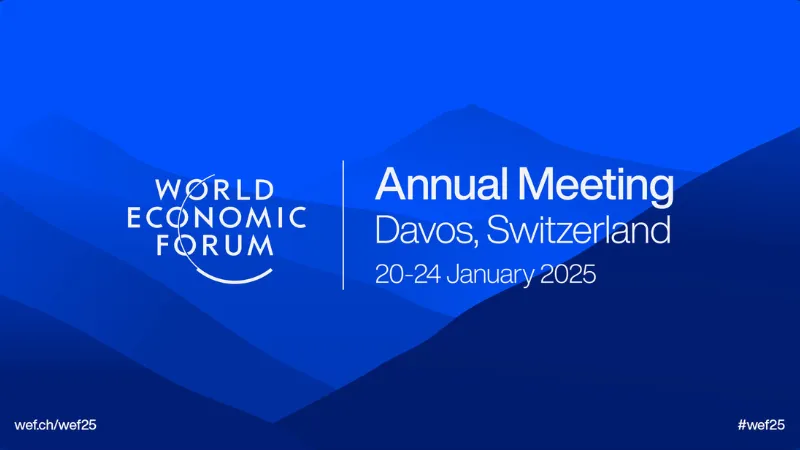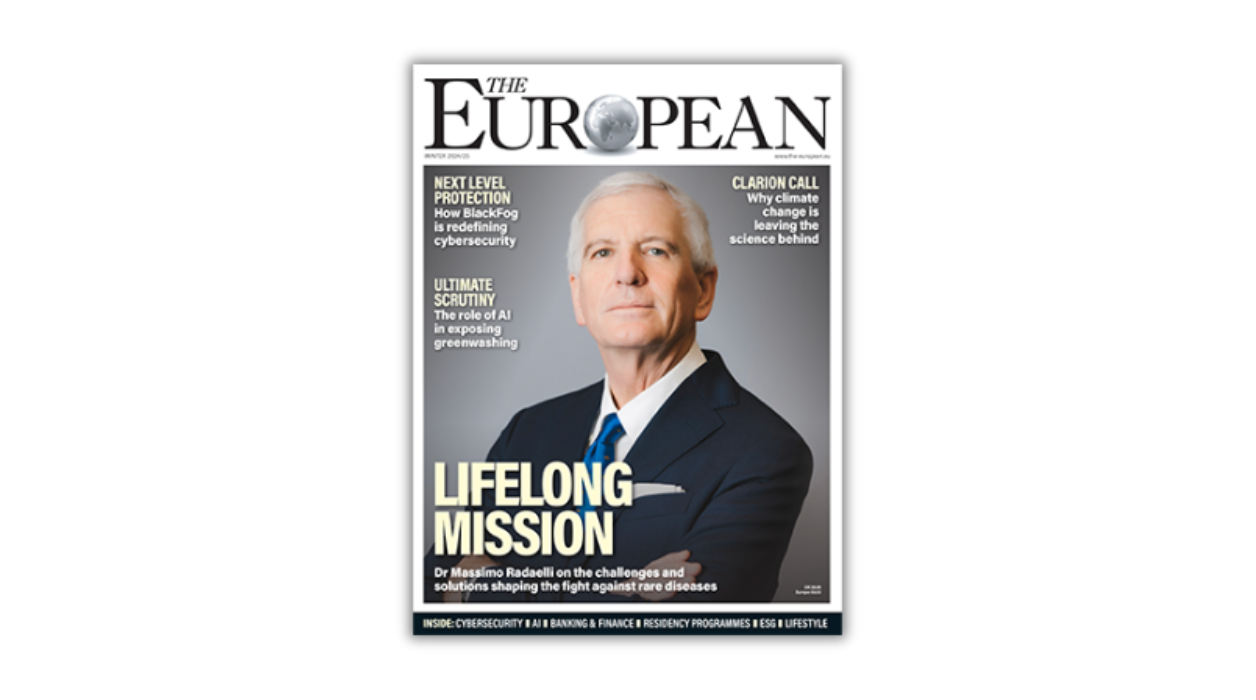The Paris MBA designed for real-world leadership

John E. Kaye
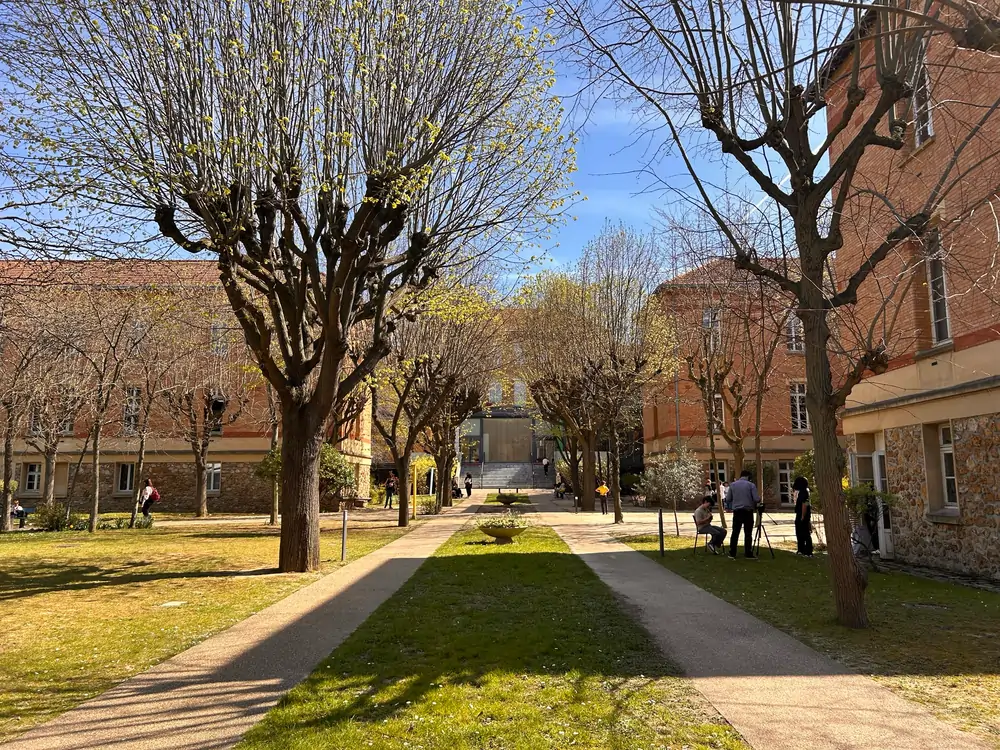
Business Schools are facing a moment of reckoning. As the pace of change accelerates—technologically, environmentally, and socially—the question of what an MBA should deliver has become more critical. Employers want strategic thinkers with real-world agility. Society demands leaders who act with purpose. And students, more than ever, expect education that’s relevant, adaptable, and grounded in the realities of modern work
Some institutions are tweaking around the edges. Others, like École de Management Appliqué (EMA) in Paris, are rethinking the model entirely.
EMA’s flagship MBA programme has been shaped to meet the real demands of modern leadership. Designed with flexibility, applied learning, and ethical responsibility at its core, the course blends academic depth with real-world experience. Students work on live briefs with partner organisations, explore emerging global business issues, and are encouraged to engage with strategy, innovation and social impact in equal measure.
At the heart of this evolution is Professor Joelle Fanghanel—a higher education leader with a long-standing commitment to institutional change, inclusive access, and meaningful outcomes. Her vision is clear: business education must serve both the world of work and the wider world beyond it.
Professor Fanghanel was profiled in the latest print edition of The European, where we explored how she is helping to reshape EMA and, by extension, the future of the MBA. You can read that feature here. In this exclusive online Q&A, she expands on that conversation—sharing insights into leadership, learning, and the evolving role of business education.
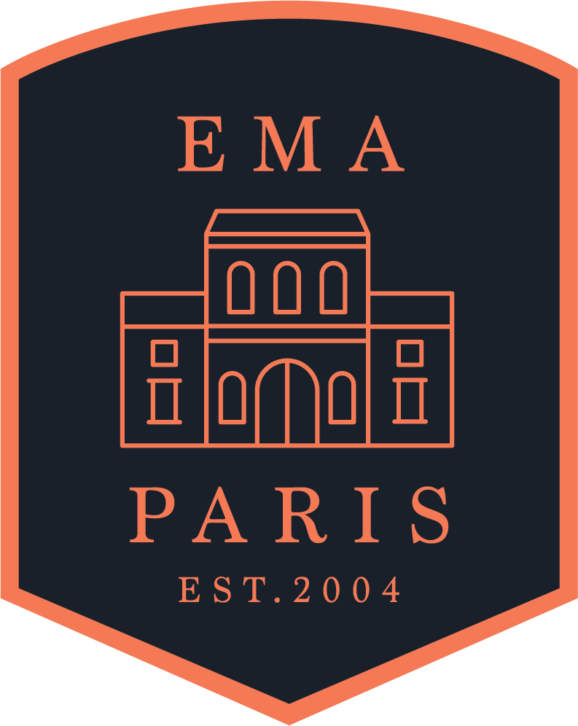
The European: You’ve worked in both UK and international education systems. What drew you to EMA?
Professor Fanghanel: EMA represents an exciting convergence of ideas I’ve spent my career advocating for: academic excellence, practical application, and ethical leadership. The School is intentionally designed to reflect the world our students are stepping into, not the one they’re leaving behind. Its location in Paris, just minutes from the business district, also offers access to a truly global network of industry partners and opportunities.
What do you think traditional MBAs have failed to address?
We’re focused on quality, not scale. Business education needs to do more than pass on knowledge; it must develop confident, capable people who can lead with resilience and purpose.
EMA’s MBA features live consultancy work. Why is that important?
Capstone projects at EMA are designed to move beyond theory. Students work on real briefs from partner organisations, with real deliverables and client expectations. That kind of pressure helps develop strategic thinking and decision-making under conditions that closely mirror professional life. It is also an opportunity for students to prove their value while still in the classroom.
How would you describe EMA’s approach to leadership development?
We view leadership as a practice rooted in ethical reasoning, cultural awareness, and critical reflection. Our curriculum deliberately challenges the old power-based models of leadership and replaces them with ones focused on accountability, innovation, and impact. We want our graduates to ask better questions and take more responsible decisions, not simply climb faster.
EMA is part of the Global Education Group. What does that mean for students?
Being part of GEDU gives our students access to a truly international learning community. They gain perspectives from peers across twelve countries and benefit from cross-campus collaboration and faculty exchange. It reinforces the idea that good business leaders understand global contexts—and can work across borders, disciplines, and cultures.
Inclusion and access come up often in your work. Why are they so central to your vision?
Talent doesn’t follow postcode boundaries. One of the greatest responsibilities of higher education is to remove the structural barriers that prevent people from thriving. That means rethinking how we support students from underrepresented backgrounds, and ensuring we create environments where everyone feels they belong.
What kind of student thrives on the EMA MBA?
Someone who is curious, open-minded, and motivated by the idea of creating meaningful change. Our students come from a range of industries, often with international experience, but what unites them is a desire to lead responsibly and a willingness to challenge themselves. We don’t just teach leadership but expect students to practise it from day one.
How do you ensure the programme stays relevant in such a fast-changing world?
We listen—constantly. We stay in close dialogue with our industry partners, alumni, faculty, and students. We review and adapt our modules each year based on what’s happening in the business world and in society. Education can’t be static. If it is, it stops being useful.
What role does Paris play in the EMA experience?
Paris is very much part of the learning environment. It gives students access to global finance, tech, culture, and innovation ecosystems all in one city. Our proximity to major firms and institutions allows students to get close to real-world business contexts. It’s a huge advantage.
Finally, what do you hope graduates take with them from EMA?
A sense of purpose. The tools to lead in uncertain environments. And the confidence to bring people with them when they make decisions. If they leave EMA ready to think across boundaries, act with integrity, and stay adaptable in the face of change—then we’ve done our job.
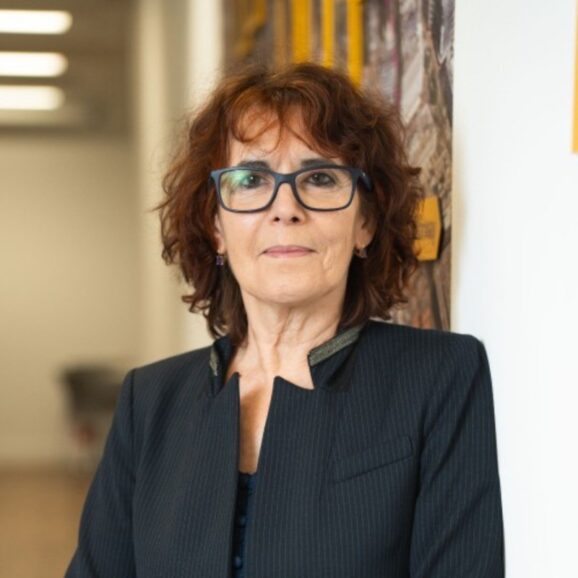
Professor Joelle Fanghanel is a higher education leader and academic strategist with expertise in research governance, teaching innovation, and international education policy
Throughout her career, she has led major institutional projects focused on student experience, academic quality, and inclusive, long-term transformation.
She currently holds a senior leadership role at École de Management Appliqué (EMA) – a Paris-based private Business School offering undergraduate, postgraduate, MBA and PhD programmes in Law, Economics, Business, and the Creative Industries. Founded in 2004, EMA is part of the GEDU global education network, supporting over 60,000 students across 12 countries. Its Qualiopi certification affirms the quality of its educational processes.
Professor Joelle Fanghanel spoke with John E. Kaye.
RECENT ARTICLES
-
 Managing cross-border risks in B2B e-commerce
Managing cross-border risks in B2B e-commerce -
 Research highlights rise of 'solopreneurs' as technology reshapes small business ownership
Research highlights rise of 'solopreneurs' as technology reshapes small business ownership -
 Human resources at the centre of organisational transformation
Human resources at the centre of organisational transformation -
 UK government sets up Women in Tech taskforce amid gender imbalance concerns
UK government sets up Women in Tech taskforce amid gender imbalance concerns -
 Liechtenstein lands AAA rating again as PM hails “exceptional stability”
Liechtenstein lands AAA rating again as PM hails “exceptional stability” -
 The Parisian business school quietly reinventing the MBA
The Parisian business school quietly reinventing the MBA -
 UK entrepreneur who founded £1bn firm acquires UAE amateur golf leader to launch world amateur Super League
UK entrepreneur who founded £1bn firm acquires UAE amateur golf leader to launch world amateur Super League -
 Why your home is the best place to teach children leadership
Why your home is the best place to teach children leadership -
 Inside the Spring 2025 Edition of The European
Inside the Spring 2025 Edition of The European -
 The Paris MBA designed for real-world leadership
The Paris MBA designed for real-world leadership -
 Soft2Bet reflects on eight years of leadership and philanthropy in new film featuring CEO Uri Poliavich
Soft2Bet reflects on eight years of leadership and philanthropy in new film featuring CEO Uri Poliavich -
 Global Banking School celebrates ‘milestone’ anniversary
Global Banking School celebrates ‘milestone’ anniversary -
 Saudi Arabia hosts the fourth Riyadh International Humanitarian Forum
Saudi Arabia hosts the fourth Riyadh International Humanitarian Forum -
 New York Congresswoman pushes for Trump’s birthday to be enshrined as federal holiday
New York Congresswoman pushes for Trump’s birthday to be enshrined as federal holiday -
 Red light, green bite: Netflix restaurant opens in Vegas
Red light, green bite: Netflix restaurant opens in Vegas -
 Read our Cybersecurity Focus supplement, featuring insights from Information Security Forum
Read our Cybersecurity Focus supplement, featuring insights from Information Security Forum -
 Davos World Economic Forum 2025: Collaboration for the Intelligent Age
Davos World Economic Forum 2025: Collaboration for the Intelligent Age -
 The European releases its Winter 2024/25 edition
The European releases its Winter 2024/25 edition -
 Read our FDI Focus supplement, featuring insights from Michael Lohan of IDA Ireland
Read our FDI Focus supplement, featuring insights from Michael Lohan of IDA Ireland -
 PizzaExpress to Expand Dough Base Stateside
PizzaExpress to Expand Dough Base Stateside -
 The two core skills middle managers need to navigate stormy weather
The two core skills middle managers need to navigate stormy weather -
 The Role of Financial Regulations in the Online Casino Industry
The Role of Financial Regulations in the Online Casino Industry -
 How to become a game-changer
How to become a game-changer -
 Taking the risk out of BOP ventures
Taking the risk out of BOP ventures -
 Releaf leading the way with marketing
Releaf leading the way with marketing






